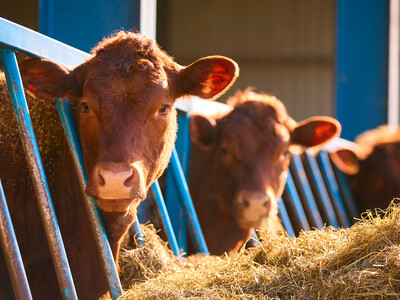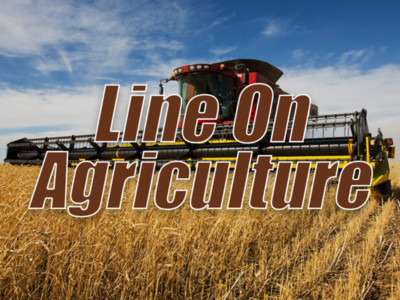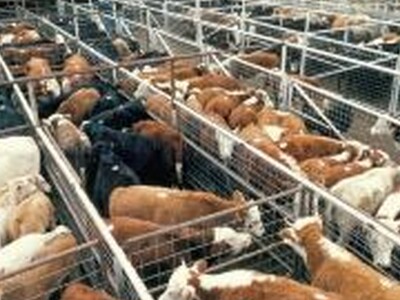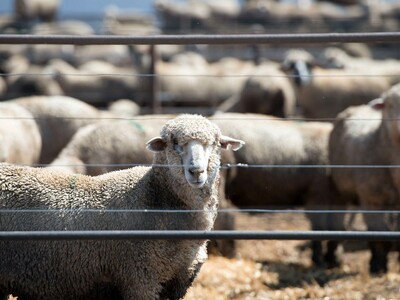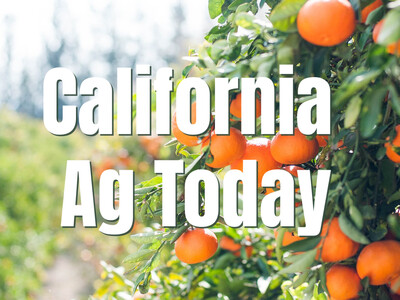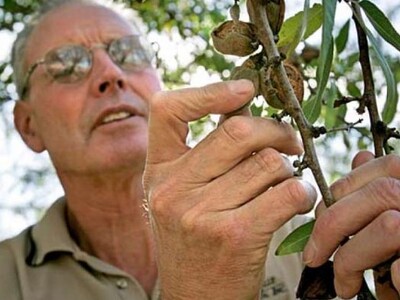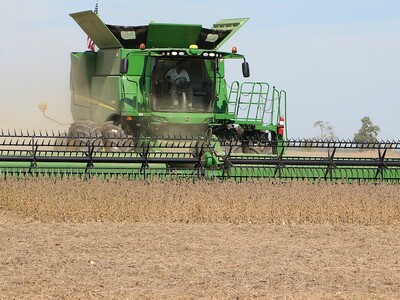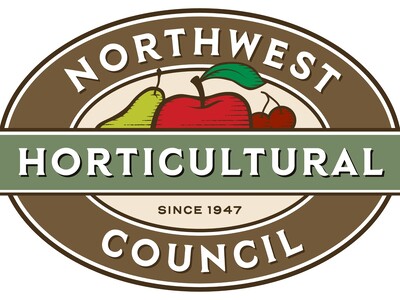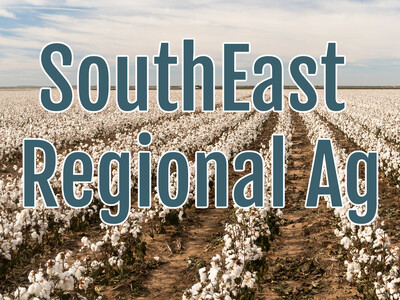What is going on with ethanol?
There’s rhetoric from almost every person in this country demanding that we achieve energy independence. What about ethanol. Is that real fuel or an enemic additive to make us feel better about ourselves.
Here’s Jim Sturdevant, scientist and Director of a huge ethanol program: “There is right now in our nation a 10% regulatory cap which means a gallon of gasoline can be mixed with 10% ethanol. That can go higher without any kind of detrimental effect to engines and automobile companies are with us on this…we just need to increase that cap which will increase then the demand for ethanol which will help the whole ethanol industry.”
But many ethanol plants are in trouble and Agriculture Secretary Tom Vilsack says he's looking at ways that the USDA can help the struggling ethanol industry.
(Vilsack)”I’ve asked my staff to take a look at the opportunities that I would have as Secretary of Agriculture to make sure that we keep that vital industry intact.”
But Vilsack said even with help from the feds, some ethanol producers won’t survive.
A year ago Valero Energy CEO Bill Klesse said using corn to produce ethanol would make food so expensive in poor countries it would cause more misery than global warming. Now the nation’s largest oil refiner has made a bid to take control of several corn-based ethanol plants. The second largest
Jeff Broin - CEO of ethanol producer POET - sees the positives of this development. “I’ve been in this industry for more than 20 years. And quite frankly, oil has been fighting us every step of the way. During that time. We have literally been fought on every piece of legislation by big oil. To see them starting to understand some of the benefits of our industry and make an investment is a big positive for the long term.”
That is particularly true now that there are alternatives to corn for producing ethanol. We have recently reported on the use of bio-mass materials such as corn cobs, wood chips, all un-edible organic plant waste to produce ethanol.




